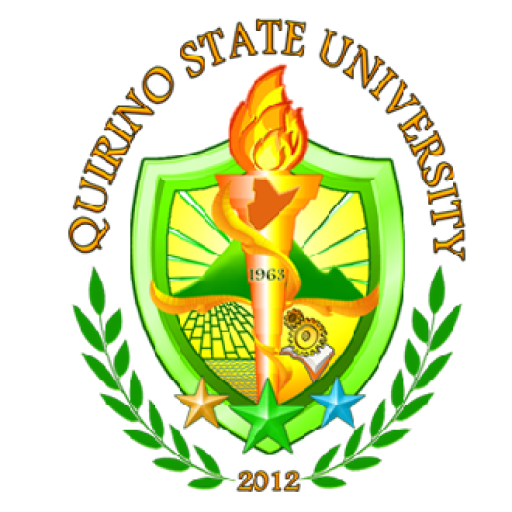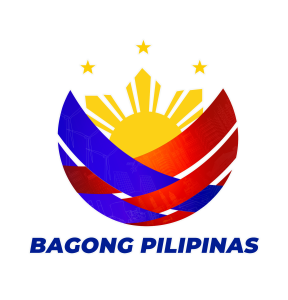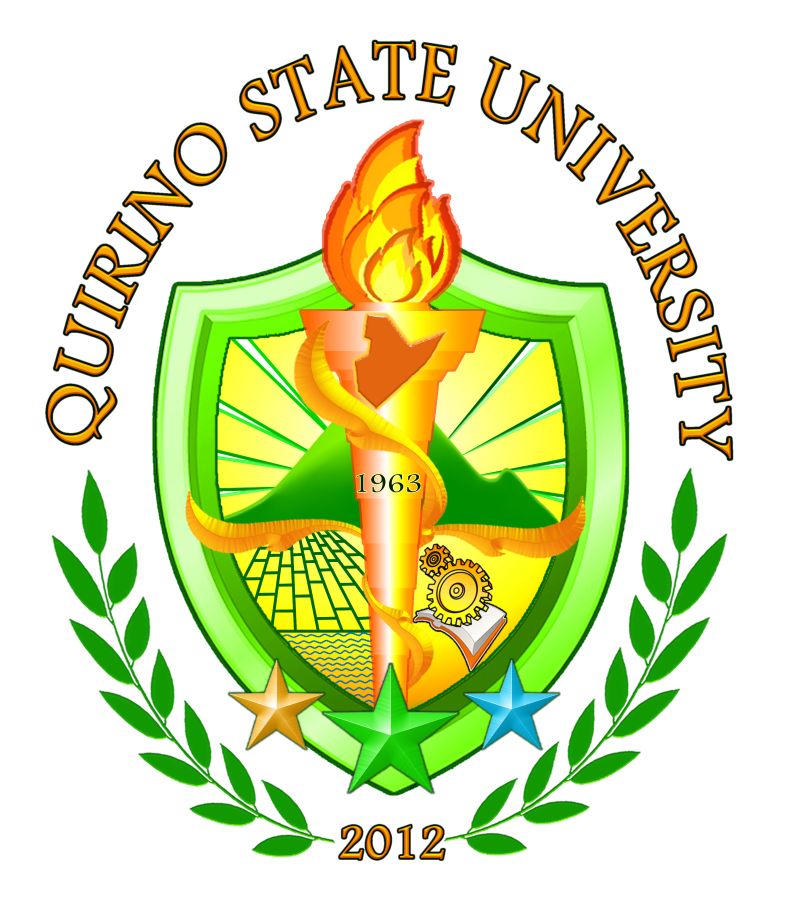Quirino State University recently received a plaque of appreciation from the Bureau of Jail Management and Penelogy (BJMP) Region II for its active involvement in providing skills trainings, preparing Persons Deprived of Liberty (PDLs) for their productive reintegration in the society.
University President Hermenegildo F. Samoy, Jr., accepted the recognition on behalf of QSU on August 30, 2024, at the NGN Gran Hotel in Tuguegarao City. One notable extension activity conducted by the university was the “Skills Training on Landscaping,” in collaboration with the BJMP-Cabarroguis District Jail from February 1, 2023 to February 4, 2024. The training capacitated PDLs with skills on landscaping, allowing them to have income-generating opportunities, while fostering positive relationships among the participants. The QSU training team, comprised of faculty members from the Diffun Campus, included Dr. Jonathan N. Tariga, Dr. Rodel D. Afan, Ms. France Marie Ann R. Tacadena, Ms. Princess Lady-Lin C. Erana, Mr. Joshua Espanol, Mr. Jefferson N. Curammeng, and Mr. Bernard Allan R. Milla.
QSU’s initiatives to supporting the community and the PDLs extends beyond the landscaping training. The university continues to partner with BJMP to offer vocational training and career development opportunities. A recently signed Memorandum of Agreement (MOU) between President Samoy and BJMP Region II Superintendent Brendan O. Fulgencio on July 19, 2024 has paved the way for additional training programs, including food hygiene and sanitation, basic bread and cookie making, basic entrepreneurship, gender sensitivity, and the like.
The Colleges of BS Hospitality Management, BS Entrepreneurship, BS Business Administration, BS Engineering and the Gender and Development Office of the Cabarroguis Campus will implement the programs from January 2024 to December 2026. One activity is set to commence in September 6, 2024, further enhancing the skills and prospects of PDLs in the region.
Through its dedicated efforts in providing skills training and rehabilitation programs, the university’s recognition is a testament to its positive impact on the lives of PDLs, helping them prepare for a productive future upon their release. I QIO





